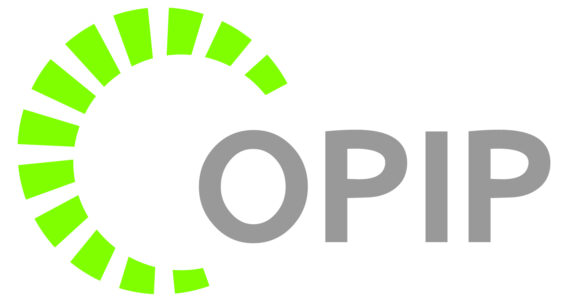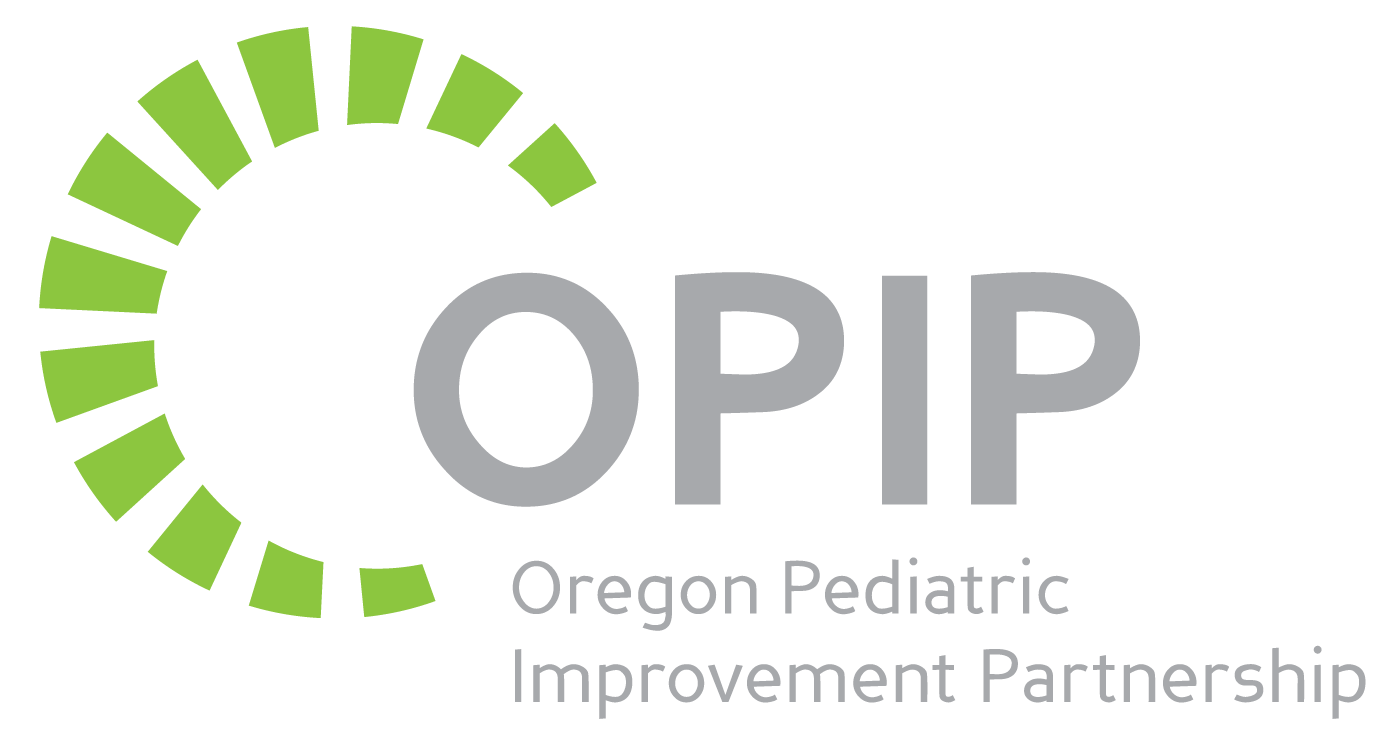Social-emotional health in young children is the developing capacity of a child to form close and secure relationships with their primary caregivers and other adults and peers; to experience, manage, and express a full range of emotions; to explore their environment and learn, all in the context of family, community, and culture.
Health care plays a critical role in promoting and supporting interventions for children identified with social-emotional issues, in alignment with Bright Futures and EPSDT recommendations to screen for social-emotional issues and to provide diagnostic testing and treatment for children identified with issues. Furthermore, early learning providers – such as home visiting, Head Start, and preschool settings – often identify children with social-emotional health issues that need intervention and therapeutic services that are covered in health care settings.
Since 2015, OPIP has led numerous efforts focused on enhancing the quality of social-emotional health services for children in health care settings and supporting policy and payment levers that support expansions of these services.
Family-centered, population and community-based approaches to improve social-emotional services in health care:
- Transforming Pediatrics for Early Childhood – focused on improving equitable access to a continuum of early childhood development (ECD) services in primary care settings for children birth-to-five and improving the capacity of practices and the workforce to deliver high-quality ECD services that address the holistic needs of children and families.
- Training efforts to improve the ability and capacity of existing primary-care based providers to serve young children.
- Facilitation of a multi-year Learning Collaborative for Integrated Behavioral Health in Primary Care, aiming to provide feasible tools and strategies that can support integrated behavioral health to provide assessment and brief interventions to young children (birth to five).
- Training of Primary Care Clinicians.
- Community-based efforts focused on follow-up to developmental screening, including domains related to social emotional health, community asset mapping, ways to enhance capacity, and pilots of closed-loop referrals.
- Willamette Valley (Marion and Polk)
- Northwest Oregon (Columbia, Tillamook, Clatsop)
- Central Oregon (Deschutes, Jefferson, Crook and Warm Springs)
- Examining health complexity data specifically for children 0-5 and engaging community-level partners on best match solutions
Metrics:
What is measured is what is focused on and then improved. OPIP has led work to develop and support implementation of metrics that measure and incentivize Coordinated Care Organizations in Oregon to improve the system of services for children who need issue-focused intervention and treatment services.
- OPIP developed the child-level metric focused on issue-focused intervention and treatment services for young children which was adopted and included in the 2025 CCO Incentive Metric Set.
- OPIP, in collaboration with the Children’s Institute, developed the System-Level Social Emotional Health Metric which was an incentive metric for Coordinated Care Organizations (CCO) for three years from 2022-2024. This system-level metric is focused on driving improvements in CCO-covered social-emotional services for children from birth to age five and their families, with the ultimate goal of achieving equitable access to services that support social-emotional health and are the best match for their needs.

